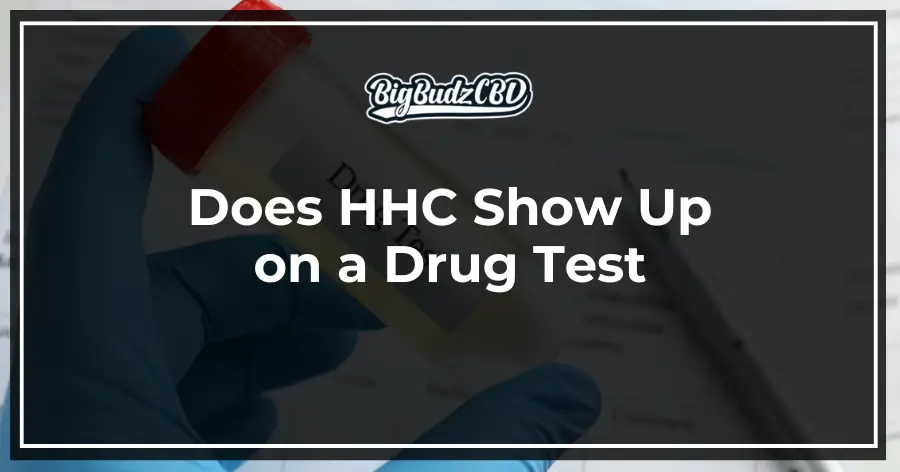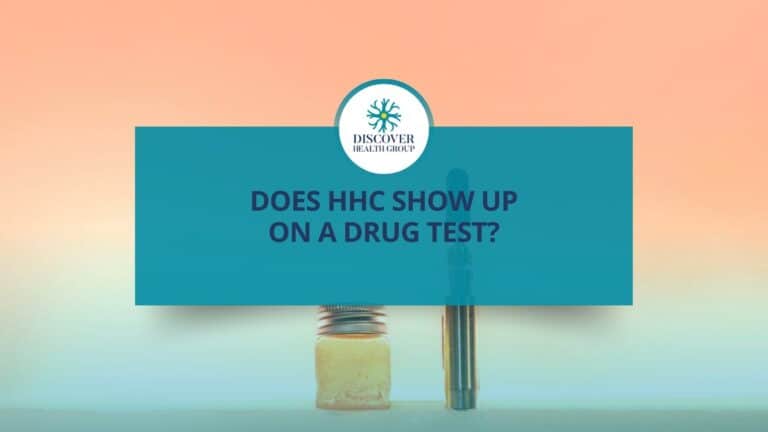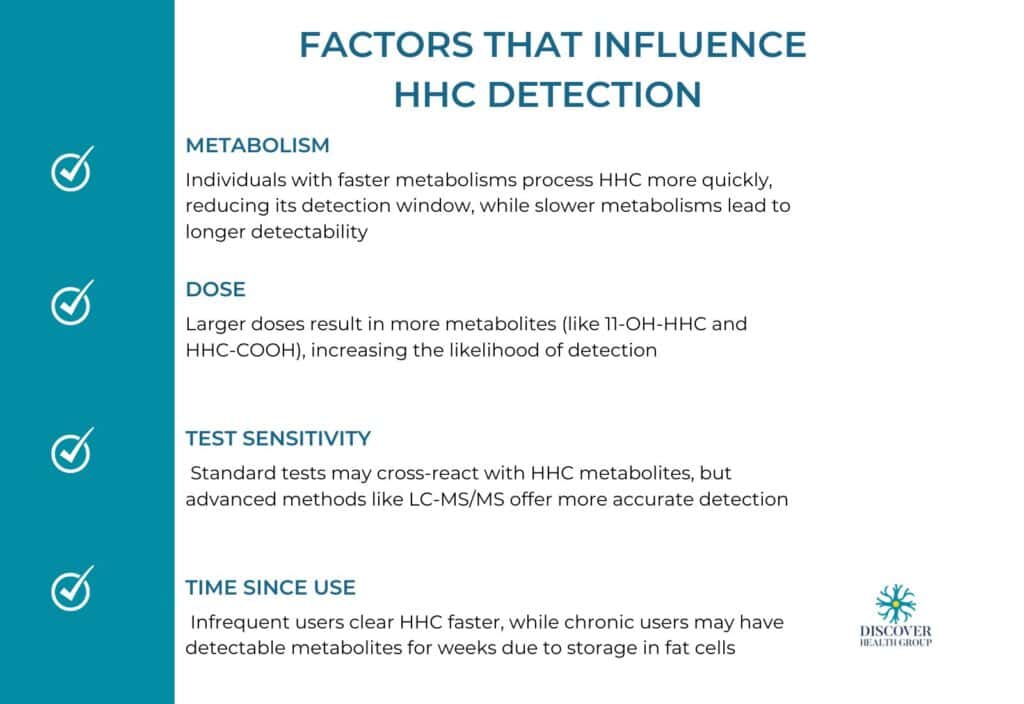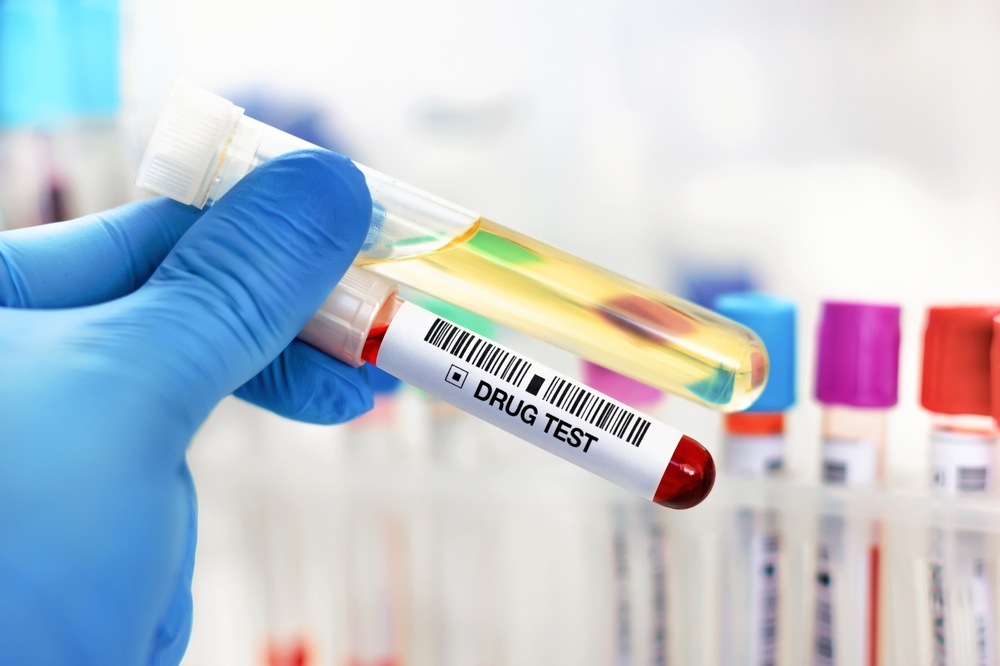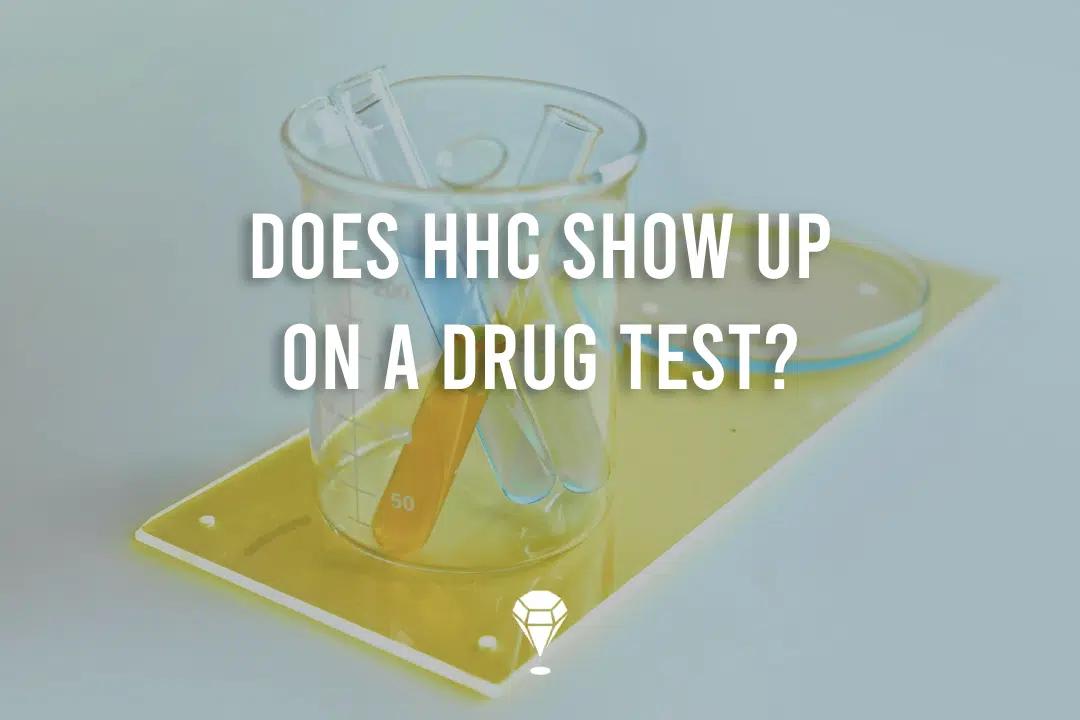Does Hhc Show Up On A Drug Test

The rising popularity of hexahydrocannabinol (HHC), a semi-synthetic cannabinoid, has sparked considerable concern and confusion regarding its detectability in standard drug tests. As HHC products become increasingly available, users and employers alike are grappling with the implications of its consumption on workplace drug policies and legal compliance.
This article aims to provide a comprehensive and objective overview of the current understanding of HHC and its potential to trigger positive results on drug screenings. It will delve into the scientific basis of drug testing, the metabolic pathways of HHC, and the available evidence regarding its detection in various testing methods.
The Science Behind Drug Testing
Standard drug tests, such as urine, blood, and hair follicle tests, are designed to detect the presence of specific substances or their metabolites in the body. These tests typically target THC, the primary psychoactive compound in cannabis, and its metabolite, THC-COOH.
Immunoassays, a common type of drug screening, use antibodies to bind to specific drug molecules. If the targeted substance is present above a certain threshold, the test will yield a positive result. More sophisticated confirmatory tests, such as gas chromatography-mass spectrometry (GC-MS) or liquid chromatography-mass spectrometry (LC-MS), can provide a more precise identification and quantification of drugs and metabolites.
HHC: A Closer Look
HHC is a hydrogenated form of THC, meaning that hydrogen atoms have been added to the THC molecule. This process alters the chemical structure of THC, making HHC more stable and resistant to oxidation.
While HHC produces similar effects to THC, its potency and effects can vary depending on the specific isomer and individual tolerance. This variation adds complexity to the question of detectability.
Will HHC Trigger a Positive Drug Test?
The answer to this question is complex and depends on several factors, including the type of drug test used, the dosage of HHC consumed, and the individual's metabolism. Preliminary research suggests that HHC may not directly trigger a positive result on standard THC tests.
However, the potential for cross-reactivity exists. This is because some HHC metabolites may share structural similarities with THC-COOH, the target analyte in many drug tests. This structural similarity could lead to a false positive result.
Evidence from Limited Studies and Anecdotal Reports
Currently, there is limited scientific research on the metabolism and detection of HHC in drug tests. Anecdotal reports from users suggest that HHC can, in some cases, lead to a positive result on urine drug screenings, particularly those employing less specific immunoassay methods.
However, it is essential to note that these reports are often unsubstantiated and may be influenced by factors such as the presence of other cannabinoids or inconsistencies in product labeling.
The Role of Metabolism
The metabolism of HHC is not fully understood, but it is believed to involve enzymes in the liver. These enzymes break down HHC into various metabolites, some of which may be similar to those produced by THC. This metabolic similarity is a key factor in the potential for cross-reactivity and false positive results.
Individual metabolic rates can also influence the detectability of HHC. People with faster metabolisms may clear HHC and its metabolites from their system more quickly, reducing the likelihood of a positive test result.
Implications for Employers and Legal Compliance
The uncertainty surrounding HHC and drug testing poses challenges for employers and individuals subject to drug screening. Employers need to carefully review their drug testing policies to ensure they are up-to-date and address the potential for HHC-related issues.
Employees who use HHC should be aware of the potential risks and consider abstaining from its use if they are subject to drug testing. Transparency and open communication between employers and employees are crucial in navigating this evolving landscape.
Moving Forward: The Need for More Research
More research is needed to fully understand the metabolism of HHC and its interaction with various drug testing methods. Specifically, studies should focus on identifying the specific metabolites of HHC and assessing their potential for cross-reactivity with THC antibodies.
This research will provide valuable information for developing more accurate and reliable drug testing protocols. It will also help inform policy decisions and ensure fair and consistent application of drug testing regulations.
Conclusion
While the current evidence suggests that HHC may not always trigger a positive result on standard drug tests, the potential for cross-reactivity and false positives remains a significant concern. Individuals and employers should exercise caution and stay informed about the latest developments in HHC research and drug testing technology.
As the legal landscape surrounding cannabinoids continues to evolve, ongoing research and clear communication are essential for ensuring accurate and fair drug testing practices.
